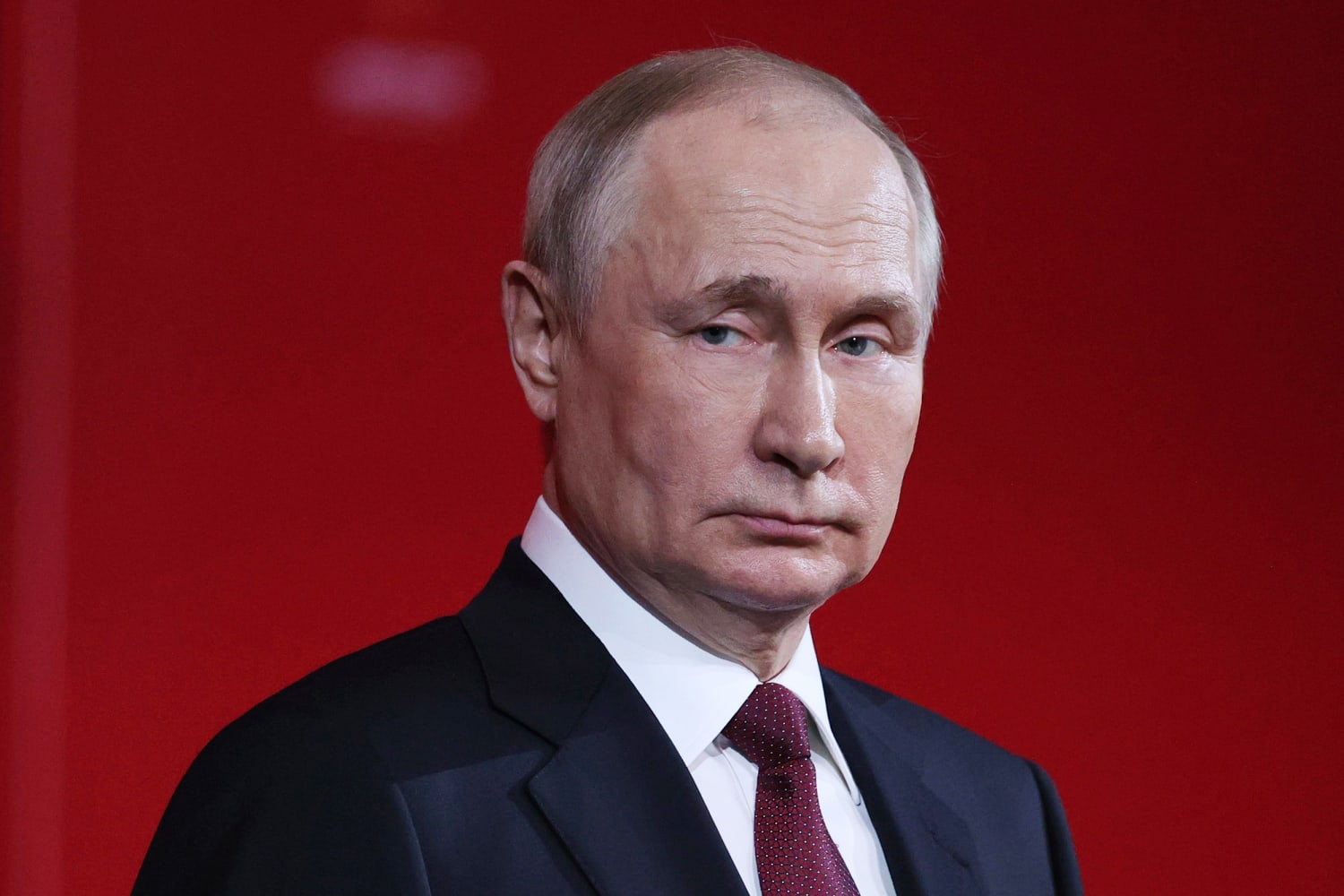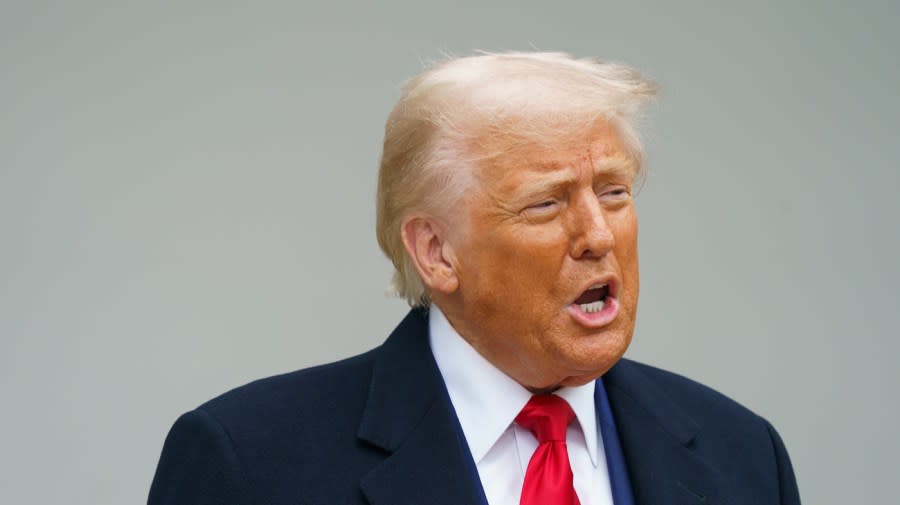5 unique facts about Supreme Court's landmark verdict on triple talaq
Tue 22 Aug 2017, 23:43:22
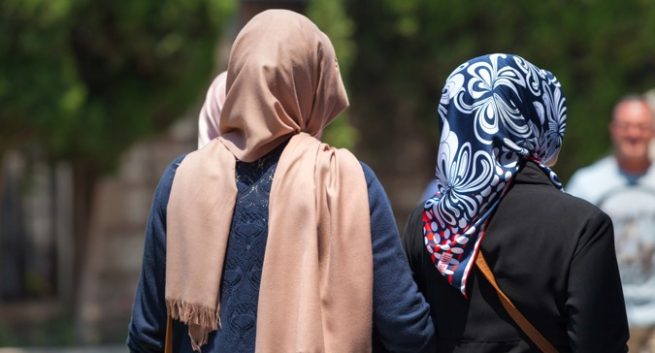
The Supreme Court today struck down instant triple talaq as unconstitutional. Photo for representation: PTI.
A five-judge Constitution Bench of the Supreme Court today declared instant triple talaq unconstitutional. Calling the practice "arbitrary" and "not part of Islam", the five-judge bench by a 3:2 majority judgment said that there is no constitutional protection for triple talaq.
The Supreme Court's decision is being hailed as a landmark verdict by political parties across spectrum. Prime Minister Narendra Modi tweeted, "Judgment of the Hon'ble SC on Triple Talaq is historic. It grants equality to Muslim women and is a powerful measure for women empowerment".
The Communist Party of India-Marxist also welcomed the Supreme Court's verdict, while the Congress said that it would once and for all end the controversy over triple talaq. "The decision has reinforced the rights of Muslim women, who were its victims for centuries. We hope after this decision all the parties will be satisfied and the controversy will end," said Congress spokesperson Randeep Singh Surjewala.
The triple talaq case has been unique in many ways, from having a bench comprising Supreme Court Justices of different faith to having some of the biggest names in legal fraternity appearing as senior counsel in the case.
A look at five unique facts about the triple talaq case:
1) THE CONFUSION OVER SUPREME COURT VERDICT
As soon as Chief Justice J S Khehar started reading out his judgment, many assumed he is pronouncing the five-judge bench's verdict. In order of seniority, Chief Justice Khehar pronounced his judgment first and said triple talaq is integral to Islam but directed Parliament to frame appropriate
law.
law.
This led to the confusion that the Supreme Court has upheld triple talaq.
2) WHEN CHIEF JUSTICE WAS IN DISSENT
In a rare scenario, Chief Justice J S Khehar did not rule in favour of striking down triple talaq. While Supreme Court Justices Kurian Joseph, Rohinton Fali Nariman and U U Lalit struck down the practice, Chief Justice Khehar and Justice Abdul Nazeer observed that triple talaq does not violate Articles 14, 15 and 21, which are sanctions against state action.
3) THIS IS ONE OF THE LAST CASES CJI KHEHAR HEARD
Chief Justice J S Khehar retires this Sunday, i.e August 27. The triple talaq case is one of the last he has presided over, the other being the right to privacy case. Justice Dipak Misra has been named as his successor.
4) WHEN BEST LEGAL EAGLES FOUGHT INSIDE COURTROOM
The triple talaq case saw some of the biggest legal eagles appearing as senior counsels in the case. Be it Kapil Sibal, Ram Jethmalani or Salman Khurshid and Indira Jaisingh, the courtroom witnessed their animated debates on the issue.
The government was represented by former Attorney General Mukul Rohatgi and additional solicitor general Tushar Mehta. "I can say with satisfaction that this (triple talaq) was the last case I did before I decided to quit (sic)," Rohatgi told reporters today.
5) THIS WAS A MATTER OF FAITH
The five-judge Constitution bench, which delivered the landmark verdict on triple talaq, comprised justices who follow different faiths. Chief Justice J S Khehar is a Sikh, Justice Kurian Joseph a Christian, Justice Rohinton Fali Nariman a Parsi, Justice U U Lalit a Hindu, and Justice Abdul Nazeer a Muslim.
No Comments For This Post, Be first to write a Comment.
Most viewed from National
Most viewed from World
AIMIM News
Latest Urdu News
Most Viewed
May 26, 2020
Do you think Canada-India relations will improve under New PM Mark Carney?
Latest Videos View All
Like Us
Home
About Us
Advertise With Us
All Polls
Epaper Archives
Privacy Policy
Contact Us
Download Etemaad App
© 2025 Etemaad Daily News, All Rights Reserved.

.jpg)
.jpg)
.jpg)


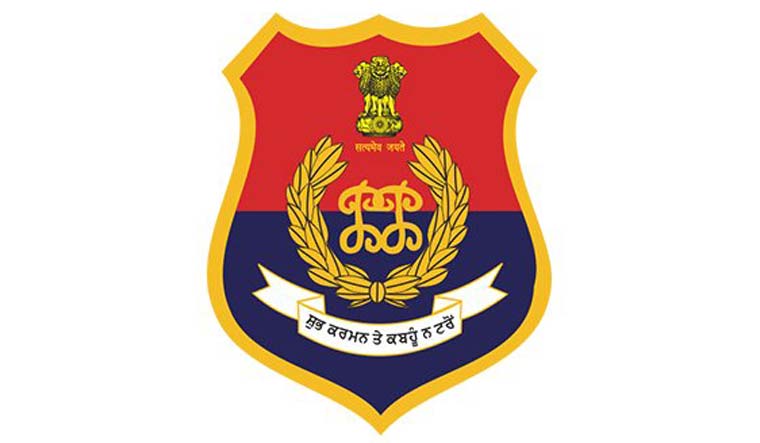

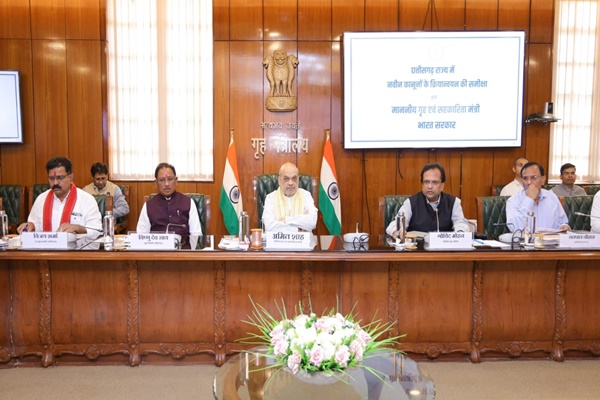
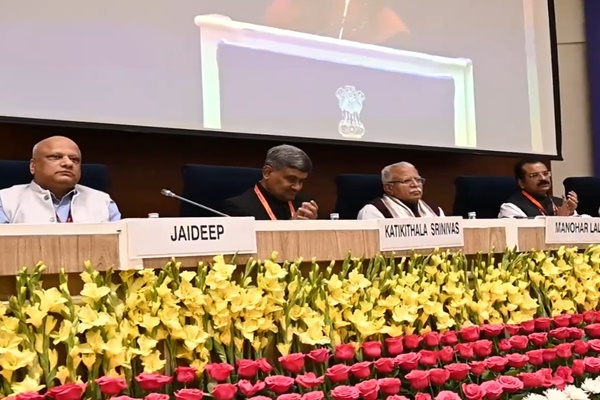
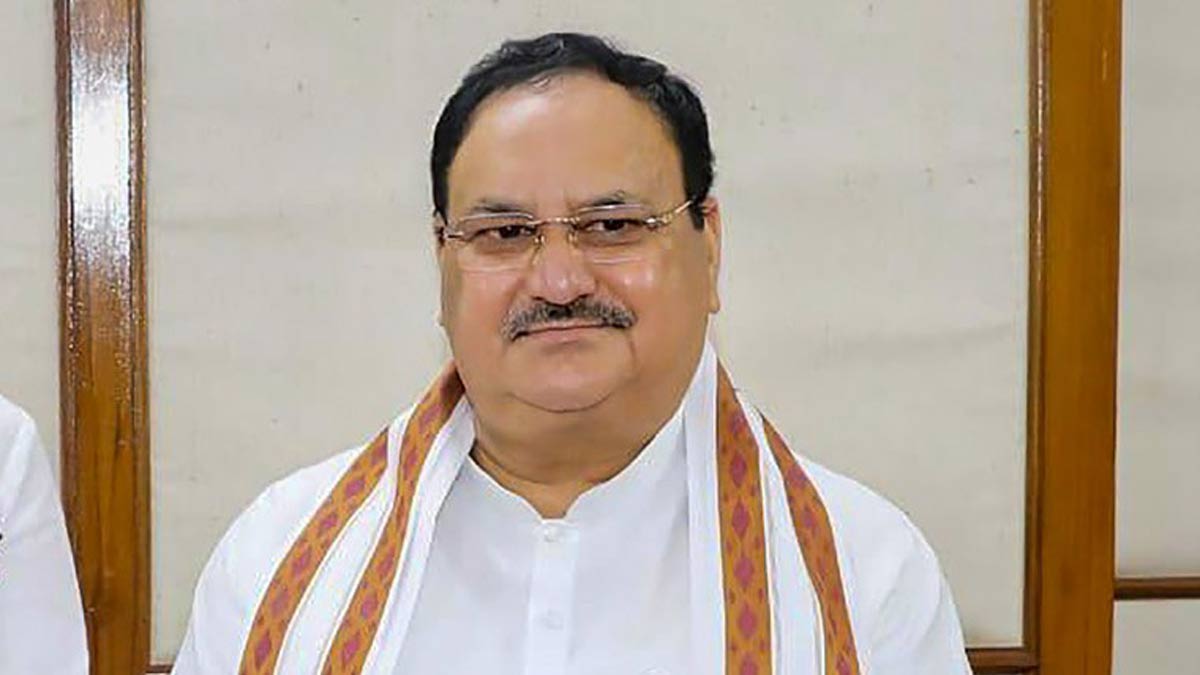


.jpg)
.jpg)
.jpg)
.jpg)
.jpg)
.jpg)
.jpg)
.jpg)
.jpg)
.jpg)
